Quick Action Leads to Jesse's Recovery From Stroke
A fast response by the Penn Medicine | Virtua Health Neurosciences Program team allowed Jesse to survive a stroke—and to thrive afterward.
October 24, 2022, was just another day for Jesse Randolph. After work, the information technology professional went to the gym, watched Netflix in his home “man cave,” and then went to bed.
Around 3 a.m. the next morning, he woke up but couldn’t get out of bed.
“I was trying to go to the bathroom, and I couldn't move my entire right side. My wife woke up, but I couldn't speak,” said Jesse. “I somehow used my left side to roll over and I fell onto the floor. My wife saw my face was a little taut on the one side. She immediately called 911 and said, ‘My husband is having a stroke.’”
An ambulance rushed Jesse from his Cherry Hill home to Virtua Our Lady of Lourdes Hospital, where the stroke team was waiting for him. Imaging tests confirmed a clot was causing his stroke, and he was rushed to the hospital’s advanced hybrid operating room for immediate treatment.
Led by Omar Choudhri, MD, FAANS, a cerebrovascular neurosurgeon with the Penn Medicine | Virtua Health Neurosciences Program, the team performed a procedure called a thrombectomy. They inserted a catheter through an artery in Jesse’s groin and threaded it into his brain. Using suction, Dr. Choudhri pulled out the clot, restoring blood flow.
With stroke, every minute counts
Paralysis on one side of the body and trouble speaking are two common signs of stroke. Other symptoms include confusion, problems seeing in one or both eyes, severe headache, and trouble walking.
“Time is brain. Every second blood flow is blocked, you're losing millions of brain cells,” said Dr. Choudhri. “We were able to quickly open all the affected blood vessels in his brain.”
Within three hours of the surgery, Jesse was moving his arms and legs. He was discharged from the hospital the next day.
Heart rhythm connection
In 2010, Jesse was diagnosed with atrial fibrillation (AFib), a type of irregular heartbeat that makes you five times more likely to have a stroke.
“If the heart isn't beating properly, the blood slows down and clots can form,” said Dr. Choudhri. “If the clot is on the left side of the heart, it can move into the brain and cause a stroke. If it’s on the right side, it can go to the lungs and cause a pulmonary embolism.”
Jesse is sorry he didn't consistently take blood thinners to reduce the risk of clots or change his lifestyle to help manage his condition.
“I’m extremely thankful just to be alive,” said Jesse. “Strokes are real. If there’s anything you can do, any medication you can take, please do it.”
Jesse’s complete recovery
Amazingly, Jesse did not need physical therapy. Dr. Choudhri attributes Jesse’s recovery to his wife’s recognition of his stroke symptoms—both of her parents had strokes—and the team’s ability to quickly remove the clot.
“This is the type of outcome we aspire to achieve,” said Dr. Choudhri.
Jesse is thankful for everyone who saved his life.
“I’m blessed,” he said. “I can’t say I’m thankful enough for all the team did for me.”
Your destination for brain health
When it comes to stroke, you need to act fast to prevent or limit long-lasting damage. Available 24/7, the Virtua Neurosciences Program is here for you when you need us most. Make an appointment with a Virtua stroke specialist.
There's So Much More to Explore
Discover expert insights, inspiring stories, health tips, and more by exploring the content below!

Knee Replacement Rehab: 7 Exercises to Restore Your Strength and Range of Motion

COPD vs. Asthma: Understanding the Difference in Symptoms

Bioidentical Hormone Replacement Therapy Pellets: Relief for Menopause and Andropause Symptoms

Why Is Sex Painful During Pregnancy? Pelvic Congestion Syndrome Explained

Don't Drink Alcohol? You Could Still Get Fatty Liver Disease

What Is the Difference Between Palliative Care and Hospice Care?

How to Exercise Safely with Asthma: Tips, Triggers, and Rescue Inhaler Use

How to Relieve Bloating Fast: Simple Tips for Quick Comfort

How to Tell the Difference Between Cold, Flu, and COVID-19

Jill Travels From Delaware to South Jersey for Advanced Lung Care

4 Exercise Tips to Help You Reverse High Blood Pressure

From Exhaustion to Empowerment: Tracy's Hormone Replacement Therapy Success Story

Why on Earth Am I Always So Cold?

Timely Heart Care During a Heart Attack Helps Joe Feed the Community

Allegra Is Thriving With Crohn's Disease

The Best and Worst Foods for Acid Reflux

How to Manage IBS Symptoms and Feel in Control Again

5 Types of Lung Disease: Symptoms, Causes, and Prevention Tips

Foods to Enjoy and Avoid for GLP-1 Heartburn

3 Reasons Why Now's the Time to Find Relief From Varicose Veins

Baseball Coach Turns Male Breast Cancer Surprise into Personal Mission

The Brain Health Checklist: 11 Questions Everyone Should Ask

From Caregiver to Patient: Robotic Surgery Relieves Teresa's Knee Pain

How to Get and Stay Healthy This Fall

How to Reverse Prediabetes and Prevent Type 2 Diabetes

Young Breast-Cancer Survivor Has New Hope for Healthy Future
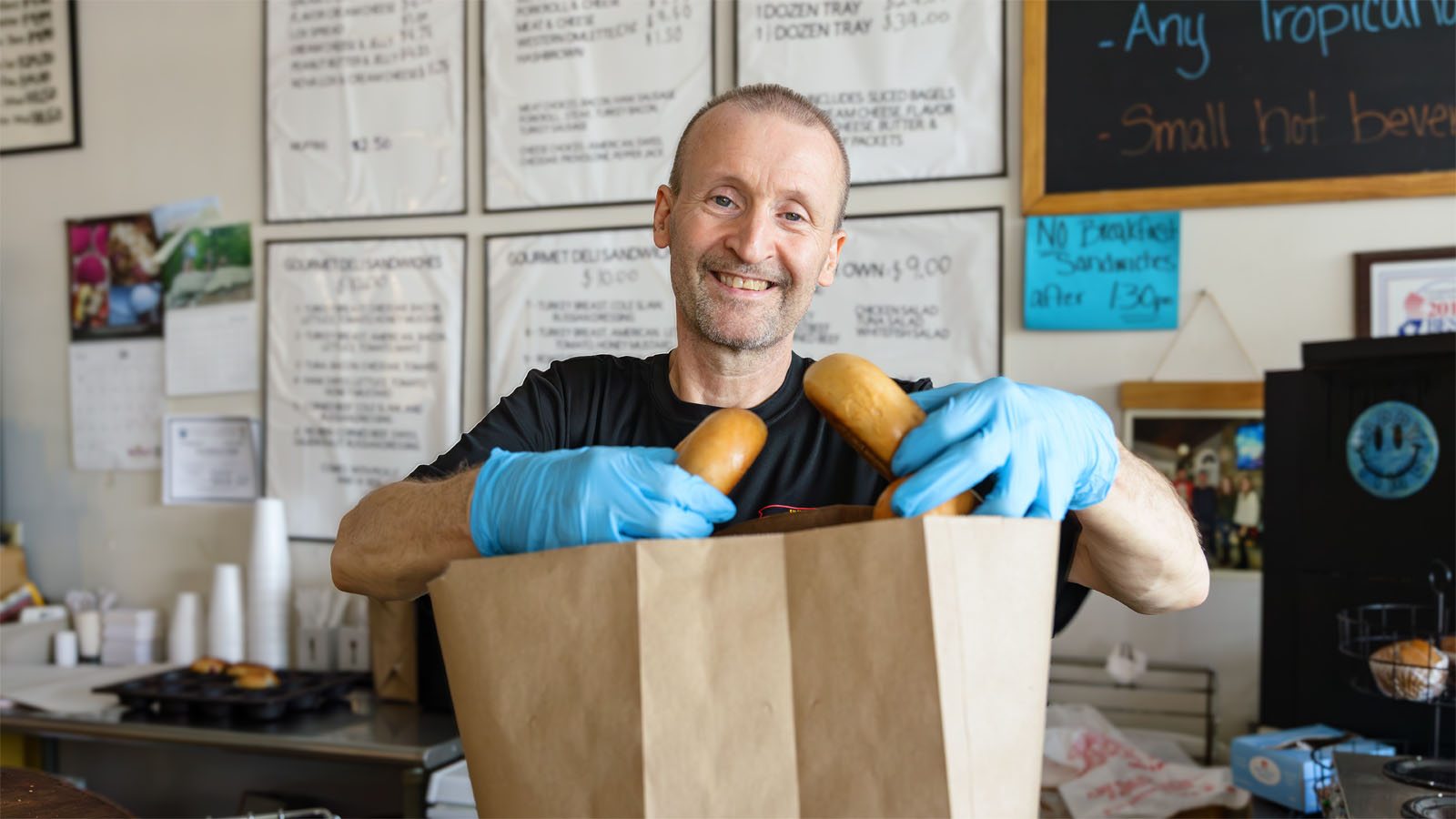
HeartTalk Magazine

Is Cancer Hereditary? What You Need to Know About Your Genetic Risks

Tara's Story: From Debilitating Uterine Fibroid Pain to a Half-Marathon Medal

Is Your Post-Pregnancy Belly Bulge a Sign of Diastasis Recti?

The Top 10 Foods That Boost Your Brain Health

IBS and Alcohol: Can You Still Enjoy a Drink?

Focus on Mental Health Is Key Part of Andrew's Weight-Loss Journey

What You Need to Know About Epilepsy

'Feeling Joy Again': ECT Brain Stimulation Therapy Restores Ashley's Well-Being
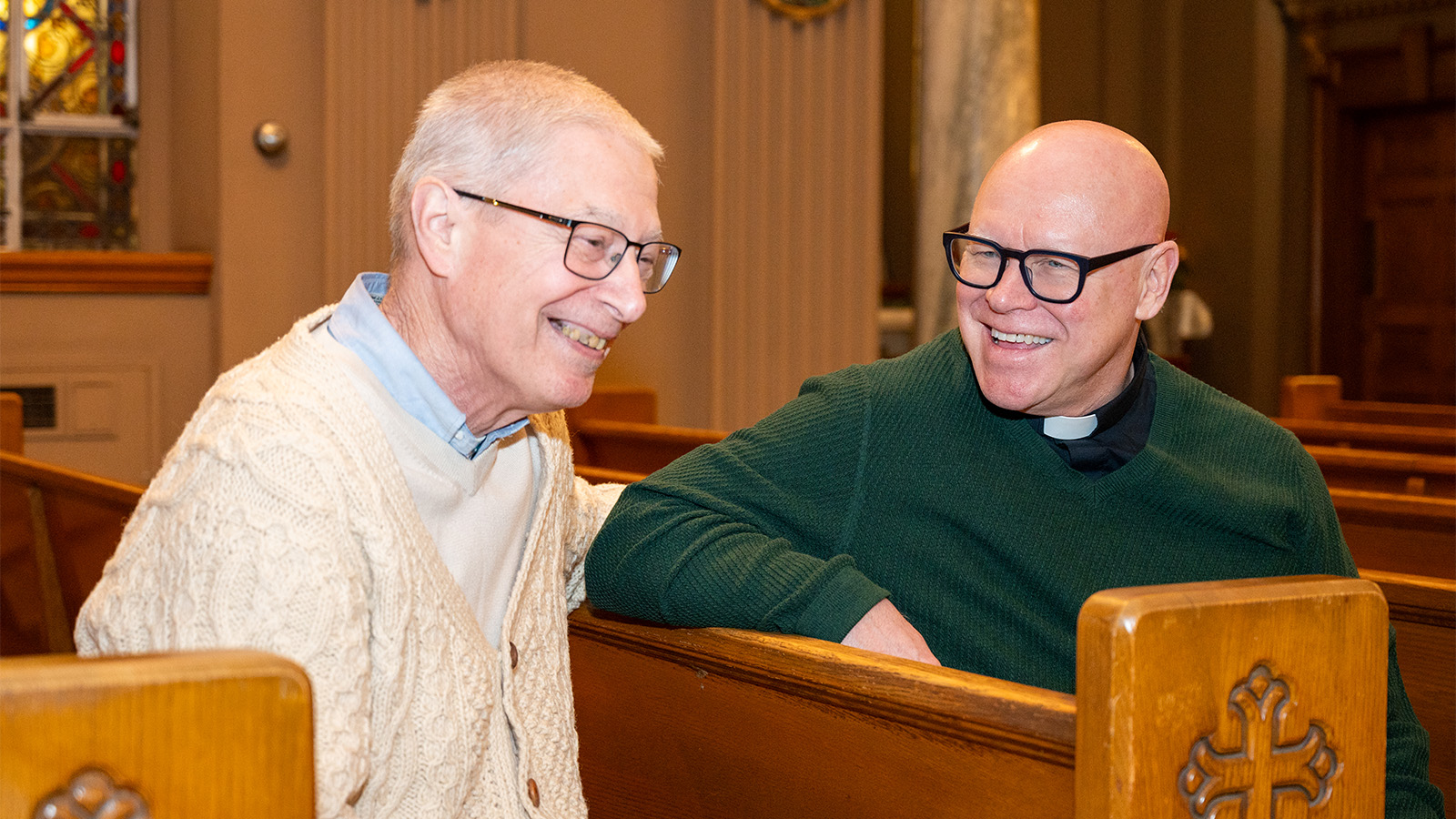
Lifesaving Heart Care Creates a 'Bond That's Never Left Us'
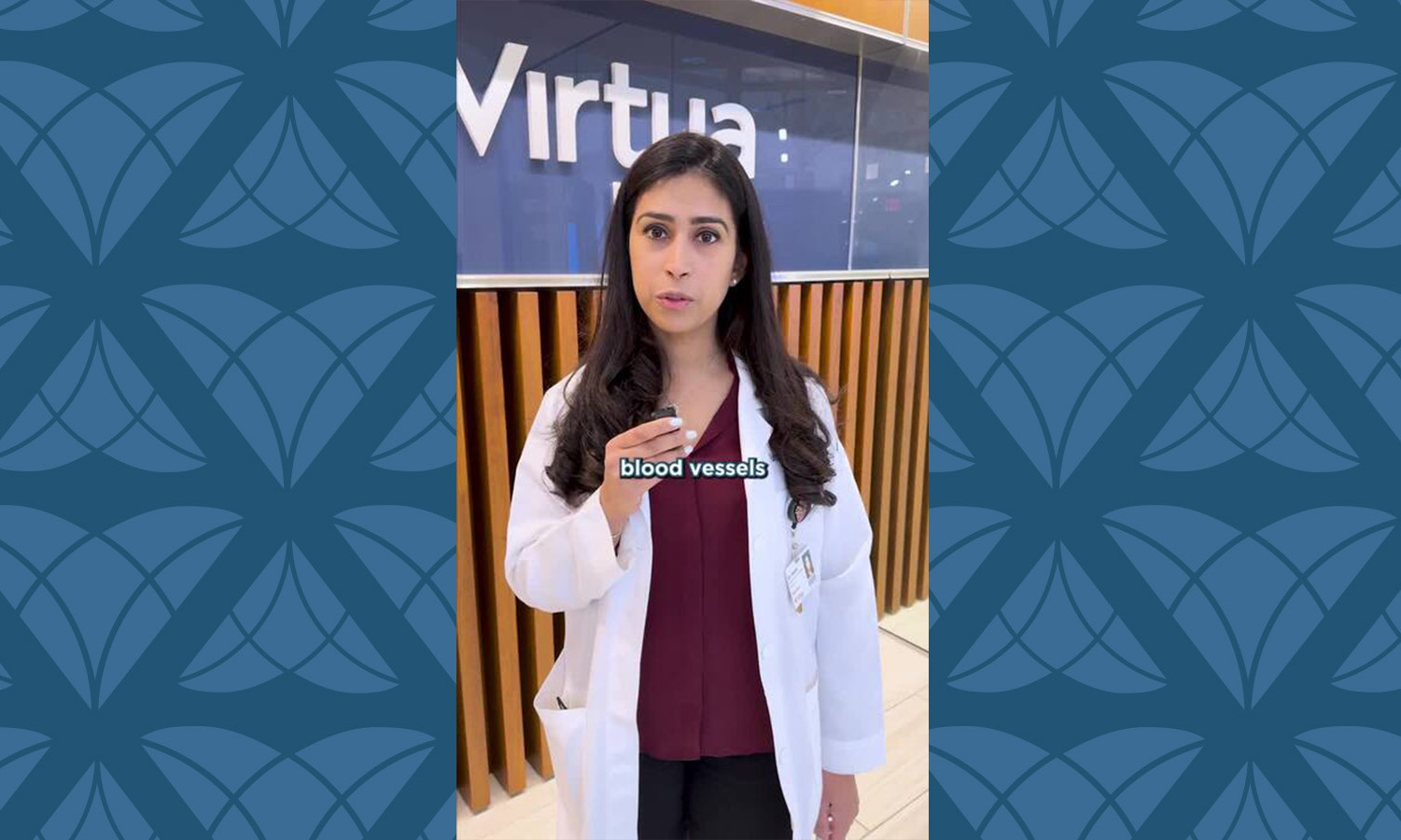
How High Blood Pressure Affects Your Body

Not Just for Wrinkles: Botox Injections Promote Improved Bladder Control
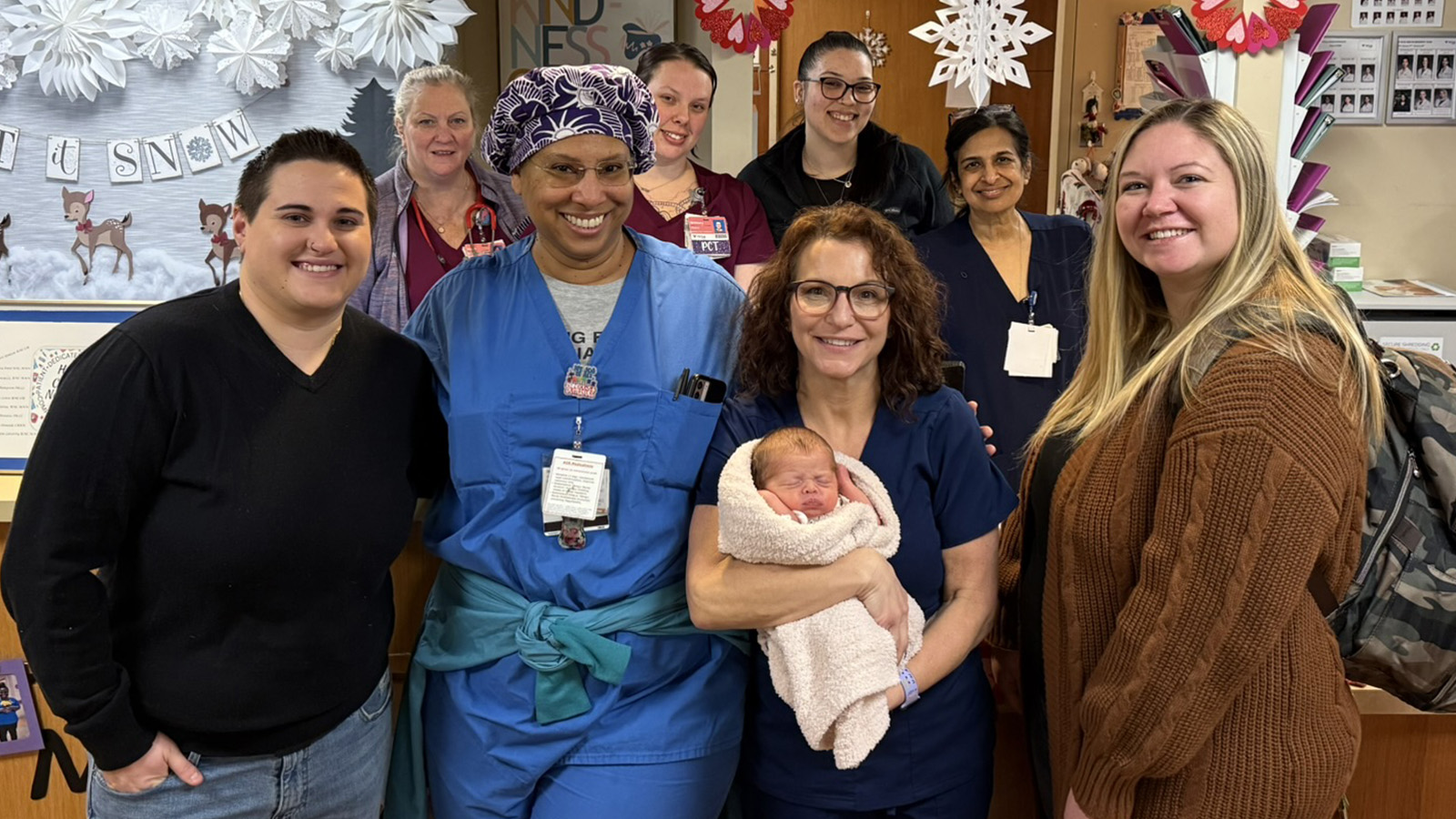
Caring Maternity Team Transforms Harley's Pregnancy Crisis Into Lasting Memories
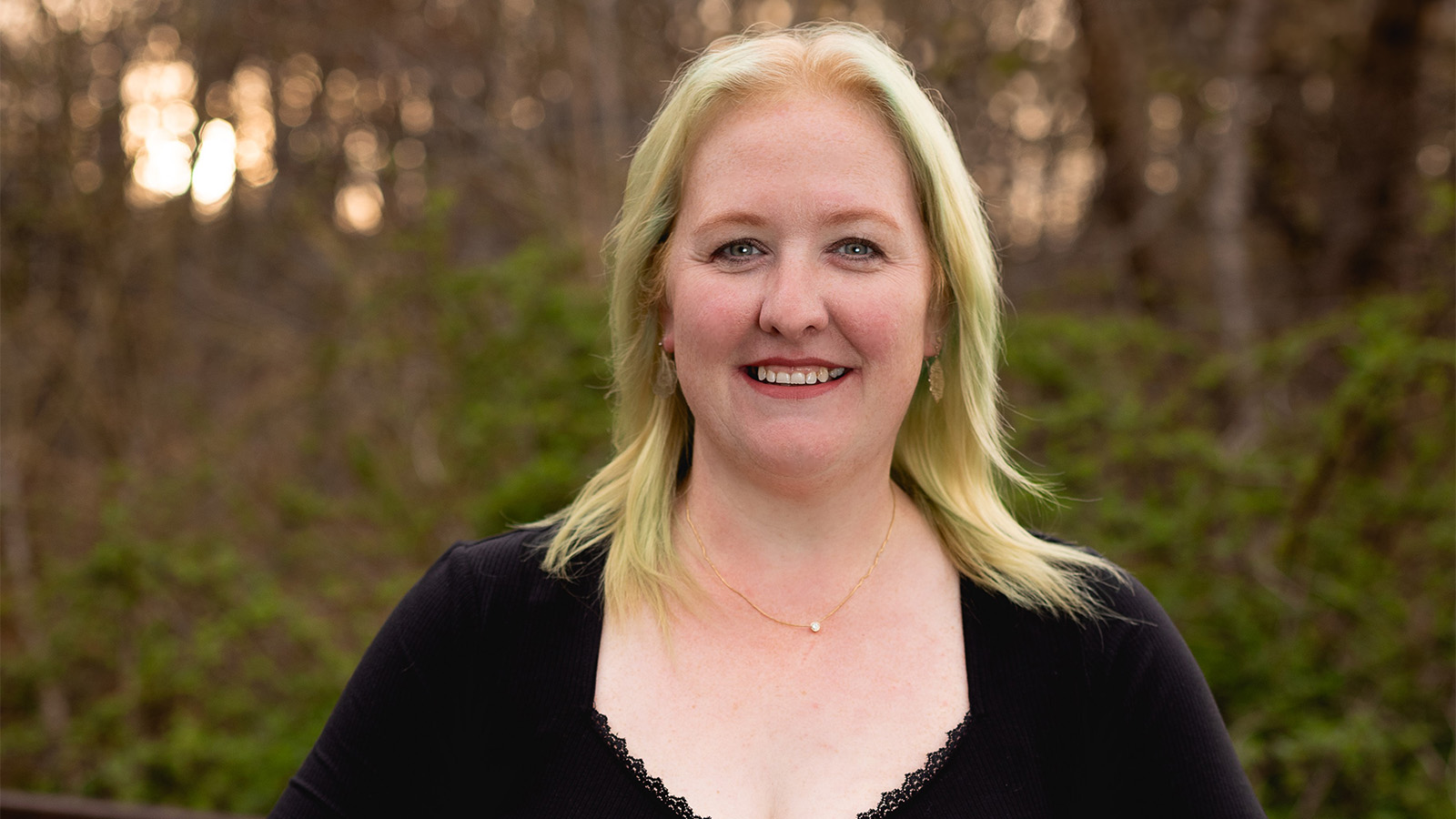
Robotic Hysterectomy, Trusted Care Help Bobbi Shine Again

How to Stay Cool and Prevent Heat Illness All Summer Long

What Happens to Your Body When You Don't Get Enough Sleep?

Get to the Bottom of Blood Pressure Numbers

5 Key Facts About Proton Therapy for Cancer Treatment

Mood Swings vs. Mood Disorders: Know the Signs and Get Help
Are emotional ups and downs disrupting daily life? Learn common signs of mood disorders, and when to talk to a doctor about diagnosis and treatment options.

4 Foolproof Pelvic Floor Strengthening Exercises for Women

What to Expect During Perimenopause

Protect Yourself From Tick Bites and Lyme Disease
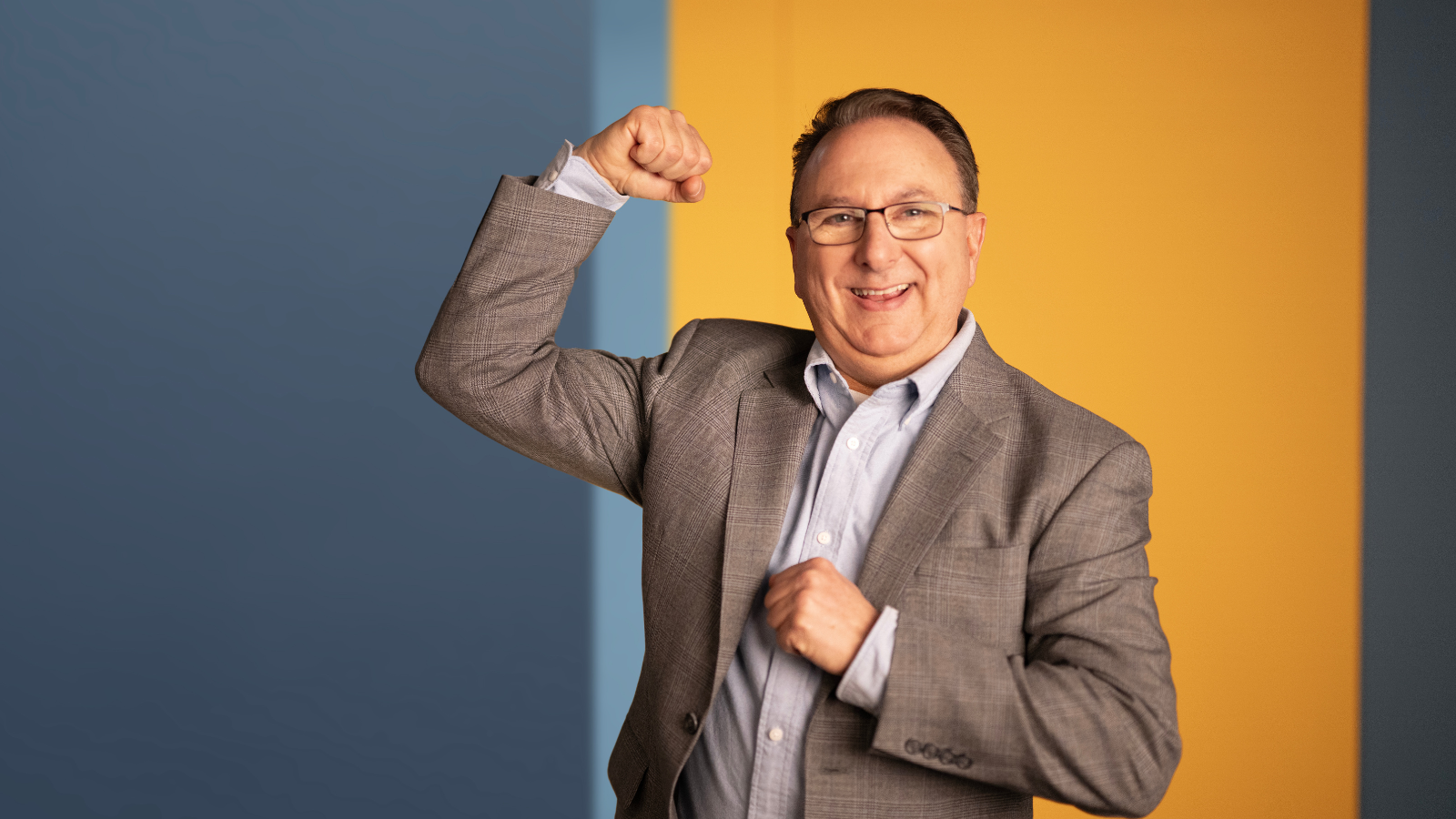
Groundbreaking Renal Denervation Procedure Controls a Lifetime of High Blood Pressure
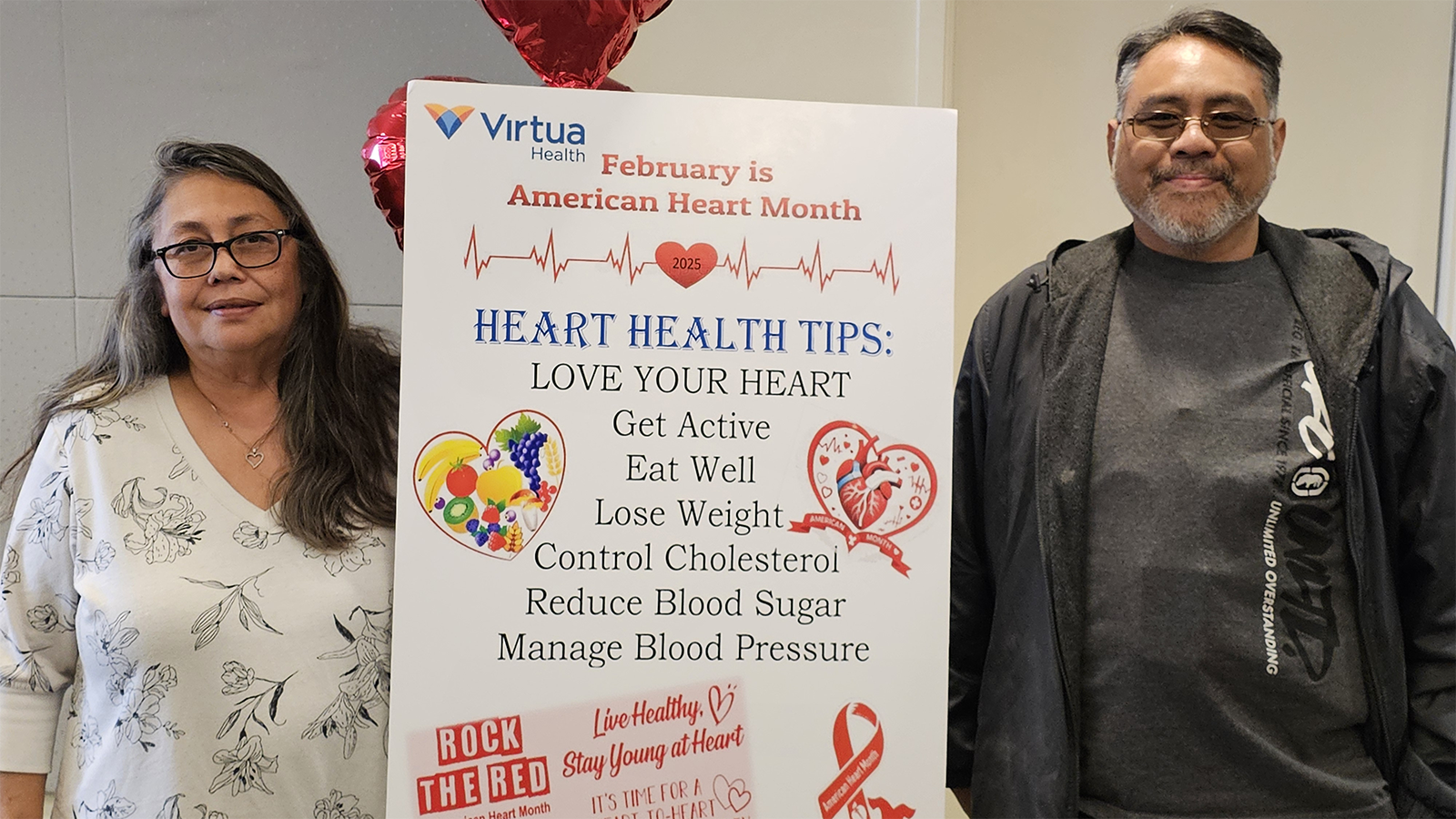
Patient Story: LVAD Mechanical Pump Strengthens Michael's Heart Function
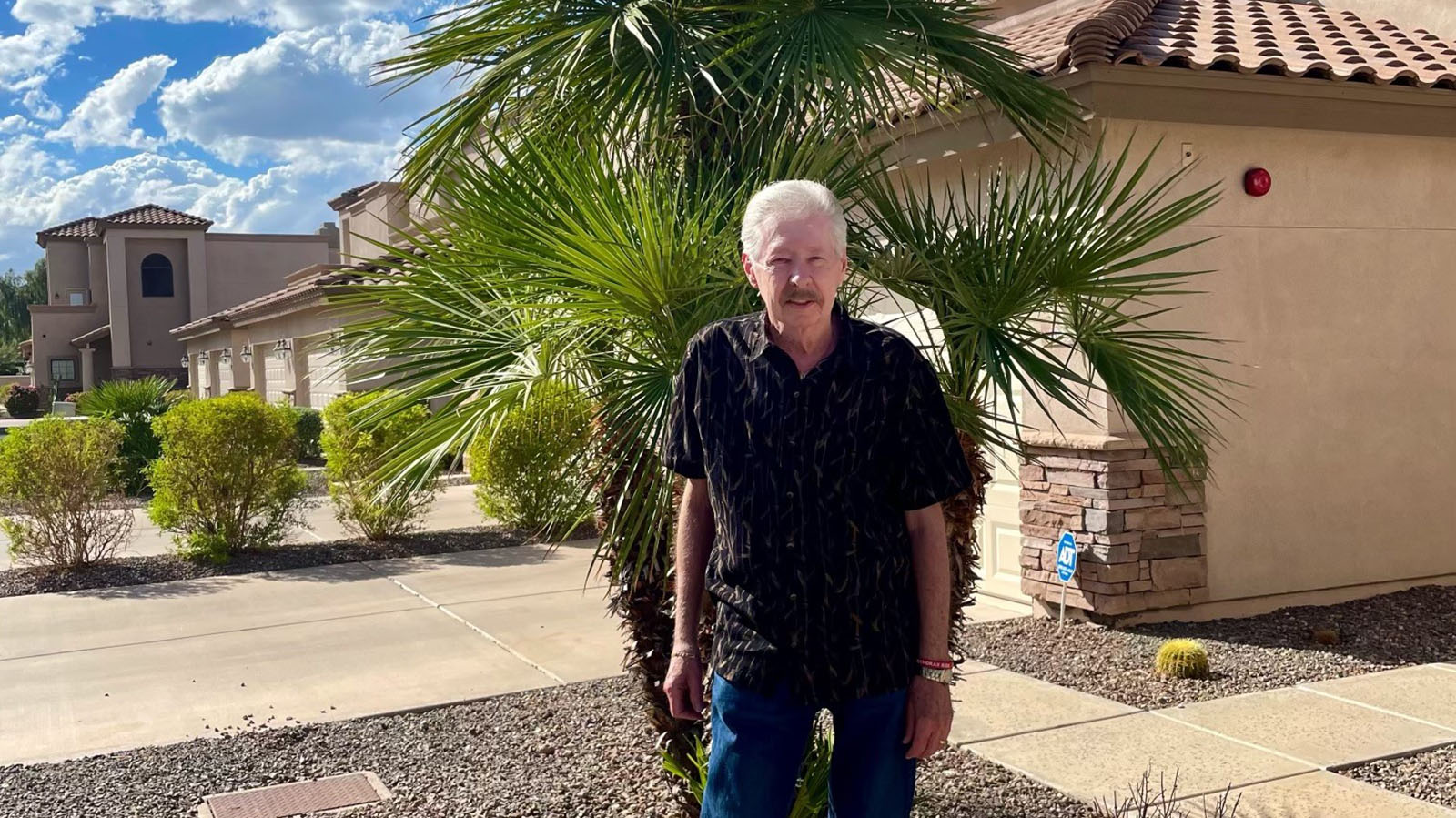
Rock On! Jersey Musician Frank Sings the Praises of His New Lung Valves

6 Tips to Tame Your Spring Allergies

Do You Know the Signs and Symptoms of Uterine Fibroids?

How Are Uterine Fibroids Treated?

Mitral Valve Surgery Keeps Yaneth Living the American Dream
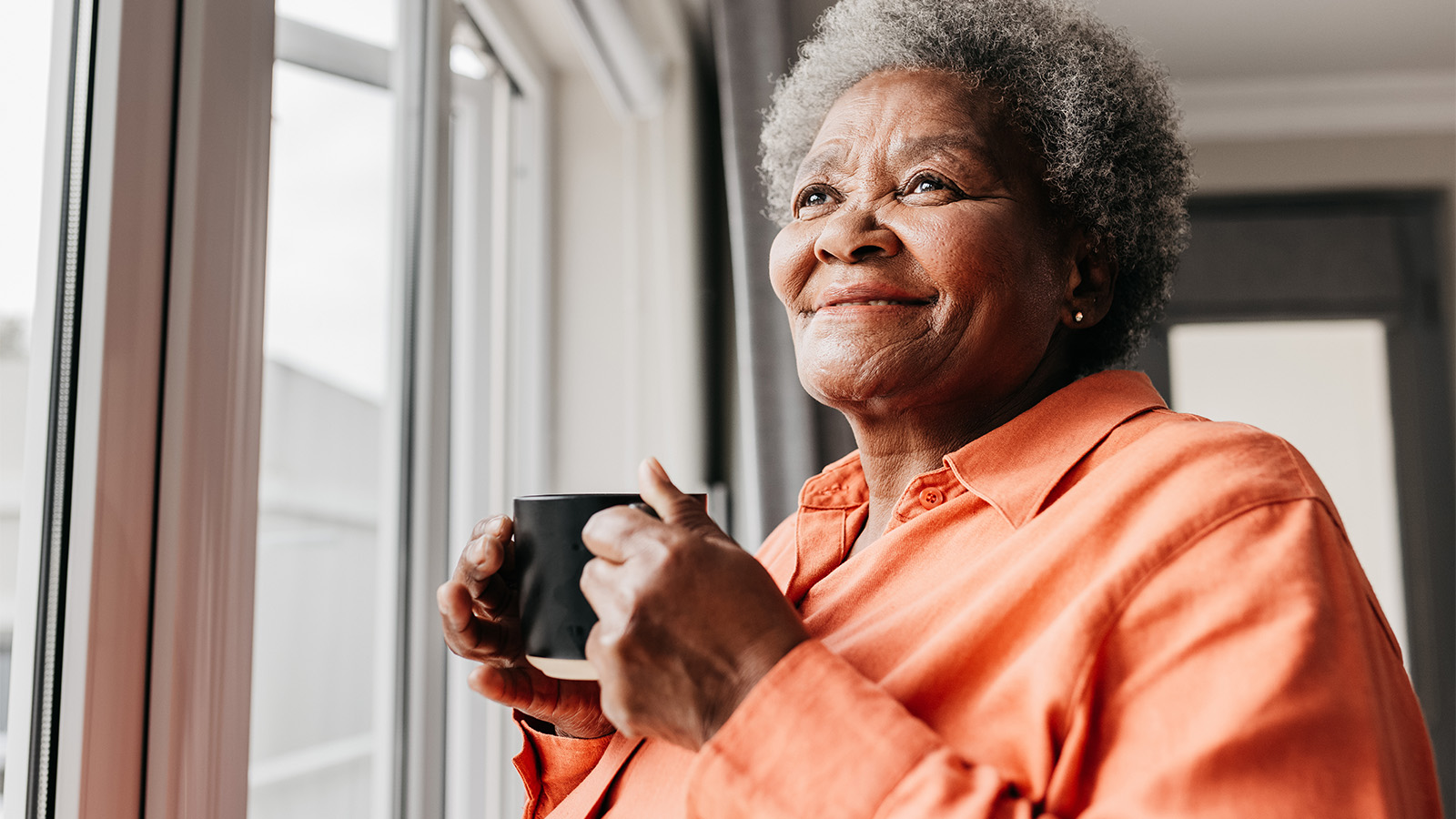
Is an At-Home Colon Cancer Test a Good Alternative to a Colonoscopy?
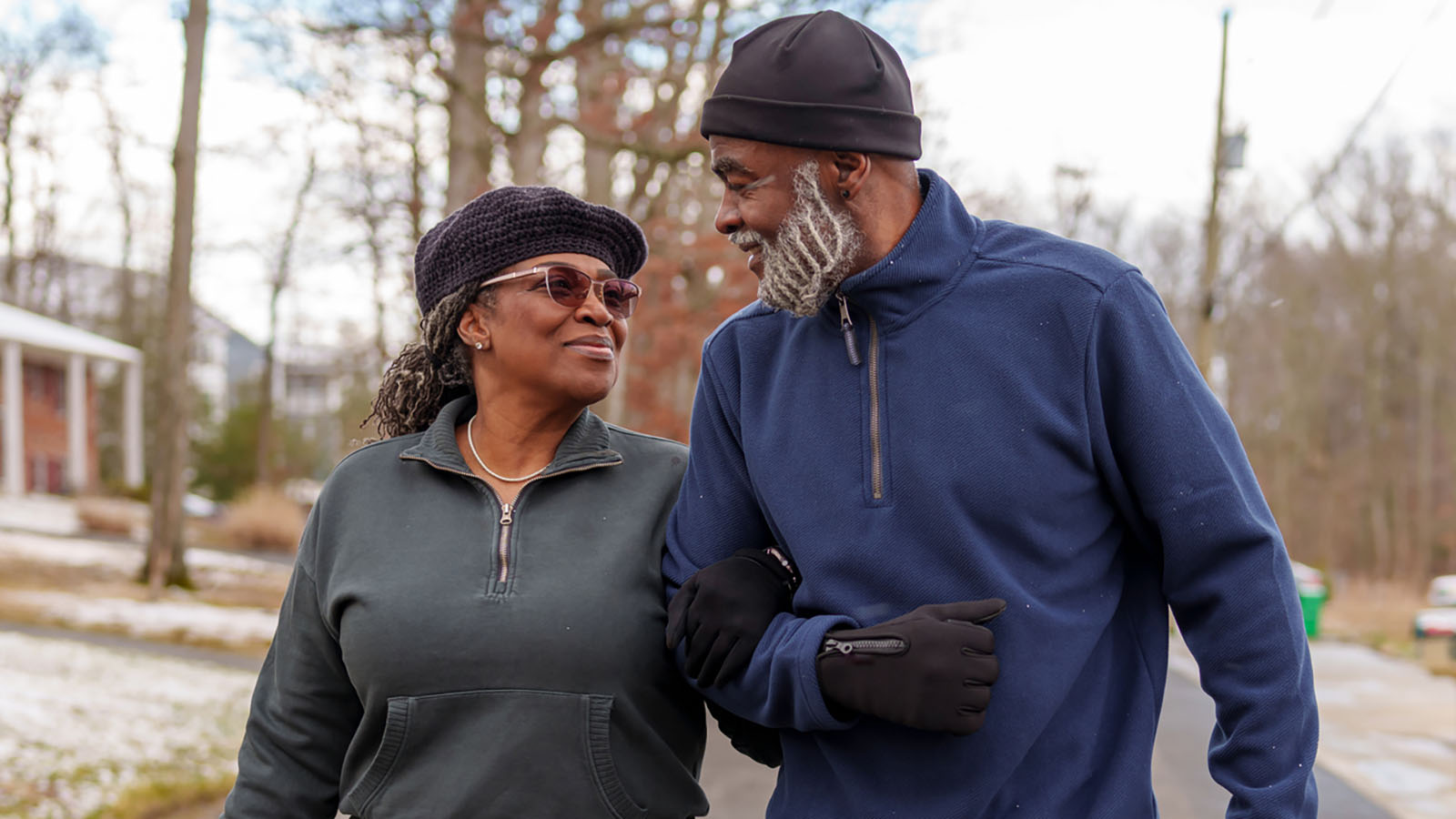
What Should You Do if You Slip, Fall, and Hit Your Head?

How Do You Manage the Side Effects of Weight-Loss Medications?

A Woman’s Four-Step Guide to Fight Back on Back Pain

What You Need To Know About Carpal Tunnel Syndrome

The Truth About Menopause, Weight Gain, and Belly Fat

Shedding Light on Lesser-Known Menopause Symptoms and Solutions

Debunking The Myths About Vaginal Dryness
Inside Look at Blood Vessels Aids PAD Treatment
Denise Davis: Pay Attention to Your Heart Health

What You Need To Know About Stroke Treatment
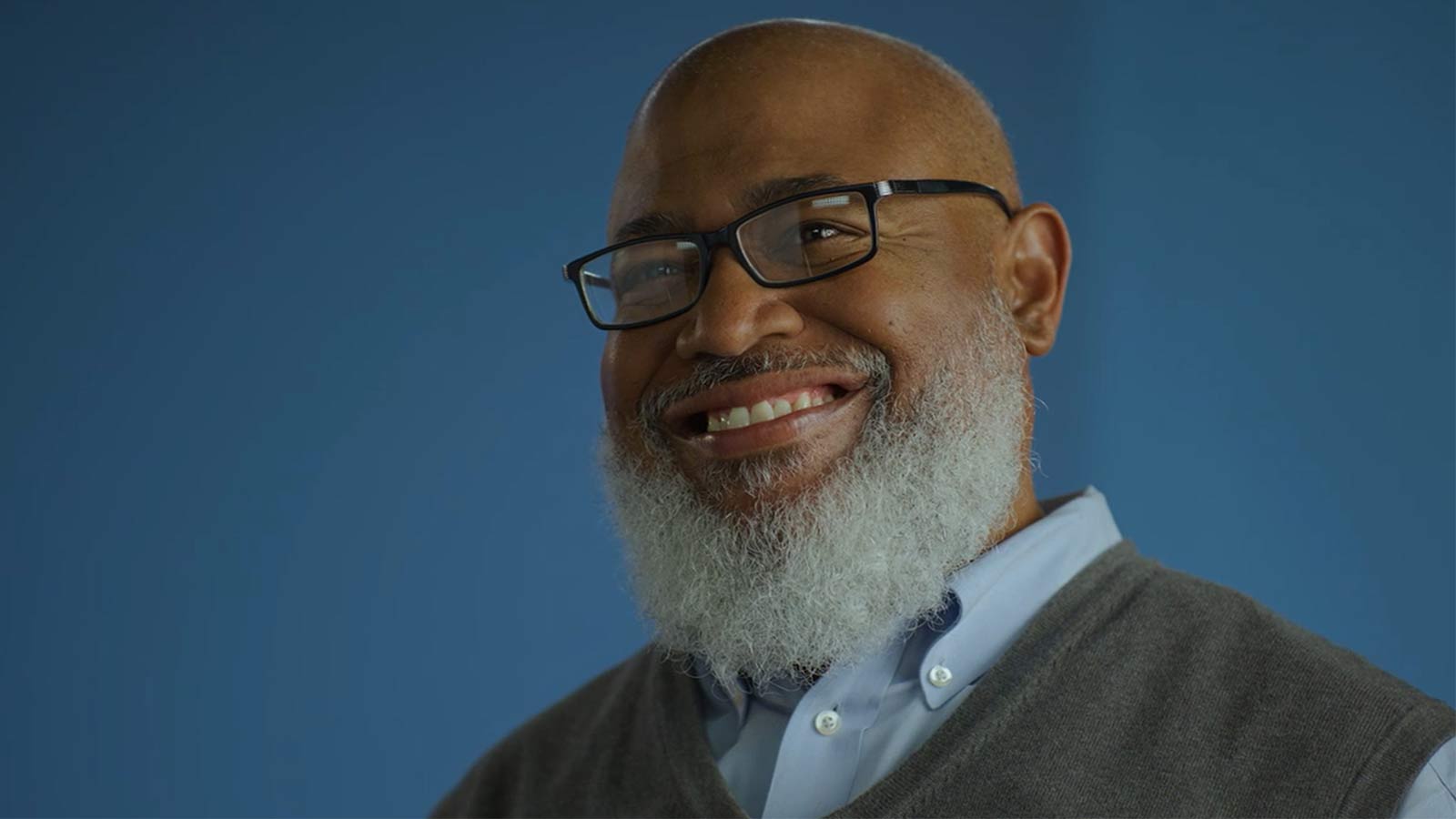
Prayers Answered: Pastor Gatling on New Mission After Kidney Transplant

10 Smart Ways to Manage Your Diabetes

Signs You May Have Chronic Kidney Disease

5 Essential Winter Foot Care Tips When You Have Diabetes

Sweet Music: Trust, Teamwork Save Justin from Heart Attack

Complex Heart Surgery Nets James a Lifelong Friend

Hepatitis C Kidney Transplant a Blessing For Lee Manns
Special Delivery Organ Transplant Gives Amazon Employee Second Chance

7 Reasons Why You Want Your Surgeon to Be an Expert in Robotics

Colitis Symptoms Under Control, Jennifer Is ‘Living My Best Life’

How Do I Care for a Wound that Won't Heal?

Be Fast and Spot the Signs of Stroke

Surprising Symptoms May Signal Stroke In Women

Five Back Pain Risk Factors That You Should Know

Is My Back Pain Normal, or Is It Spinal Stenosis?

Robotic Hernia Surgery Combines Innovative Techniques With Faster Recovery Times

How Does Breast Density Affect Your Mammogram?

Menopause: New Insights Into the Power of Hormone Replacement Therapy

Signs You Should Get Treated For Vein Problems

One New Heart Valve Saves Two Lives in the Tritten Family

What You Need to Know About Heart Failure
Lung Valve Surgery Relieves COPD, Emphysema Symptoms

Lung Screening, Robotic Technologies Get Pat Kicking Up Her Boots Again

Breast Cancer Diagnosis Inspires Catherine to Help Others

Jasmine’s On-Air and Pain-Free After Gallbladder Surgery

When Should I See a Doctor About My Knee Pain?

Quick Action Leads to Jesse's Recovery From Stroke

A Non-Athlete’s Guide to Shoulder Overuse Injuries
Shoulder problems aren’t limited to athletes. Virtua orthopedic surgeon Sean McMillan, DO, explains shoulder overuse injuries and prevention in this article.

Put Lower Back Pain Behind You With This Ten-Step Guide

Wide-Awake Hand Surgery Speeds Recovery, Puts Control in Patients' Hands

South Jersey Veteran Thrives After Cross-Country Kidney Donation

3 Ways to Avoid Knee Pain

When Should I See a Doctor for My Hip Pain?

When Should I See a Doctor About My Shoulder Pain?

Is My Back Pain Normal, or Is It Sciatica?

Is My Back Pain Normal, or Is It a Herniated Disk?

When Is It Back Pain, and When Is It Something More?

Watchman Heart Device: a Technological Breakthrough for Blood Clot Prevention

Albert's Emergency Cardiac Surgery Is a 'Story of a Lifetime'

What Can I Do Right Now About My Aching Back?

How Do I Get Rid of This Back Pain for Good?

3 Ways to Reduce Your Stroke Risk

Can Your Gut Health Affect Your Heart?

When Should I Be Worried About My Neck Pain?
Advanced Heart Failure Therapies Get Bernadine Back to Full Speed

Sarah Wins Back Her Health After Crohn's Disease Diagnosis

Overcoming Addiction, Philip Now Sees More Positive Side to Life
Firefighter's Successful Lung Cancer Care at Virtua
A Lung Screening Put Teresa Back in the Race

A Breast Self-Exam Saved Kristen's Life

Early Treatment is Best to Relieve Hemorrhoid Symptoms

The Top 10 Foods For A Healthy Diabetes Diet

Keeping the Beat: Advanced Heart Surgery for Aortic Aneurysm

Are You At Risk For Chronic Kidney Disease

Local Pastor Makes Kidney Health Mission of Ministry

What’s the Difference Between Type 1 and Type 2 Diabetes?

Is This the Right Time in Your Life for Bariatric Surgery?

All for Bear: Dan Loses Weight to Be His Son’s Kidney Donor
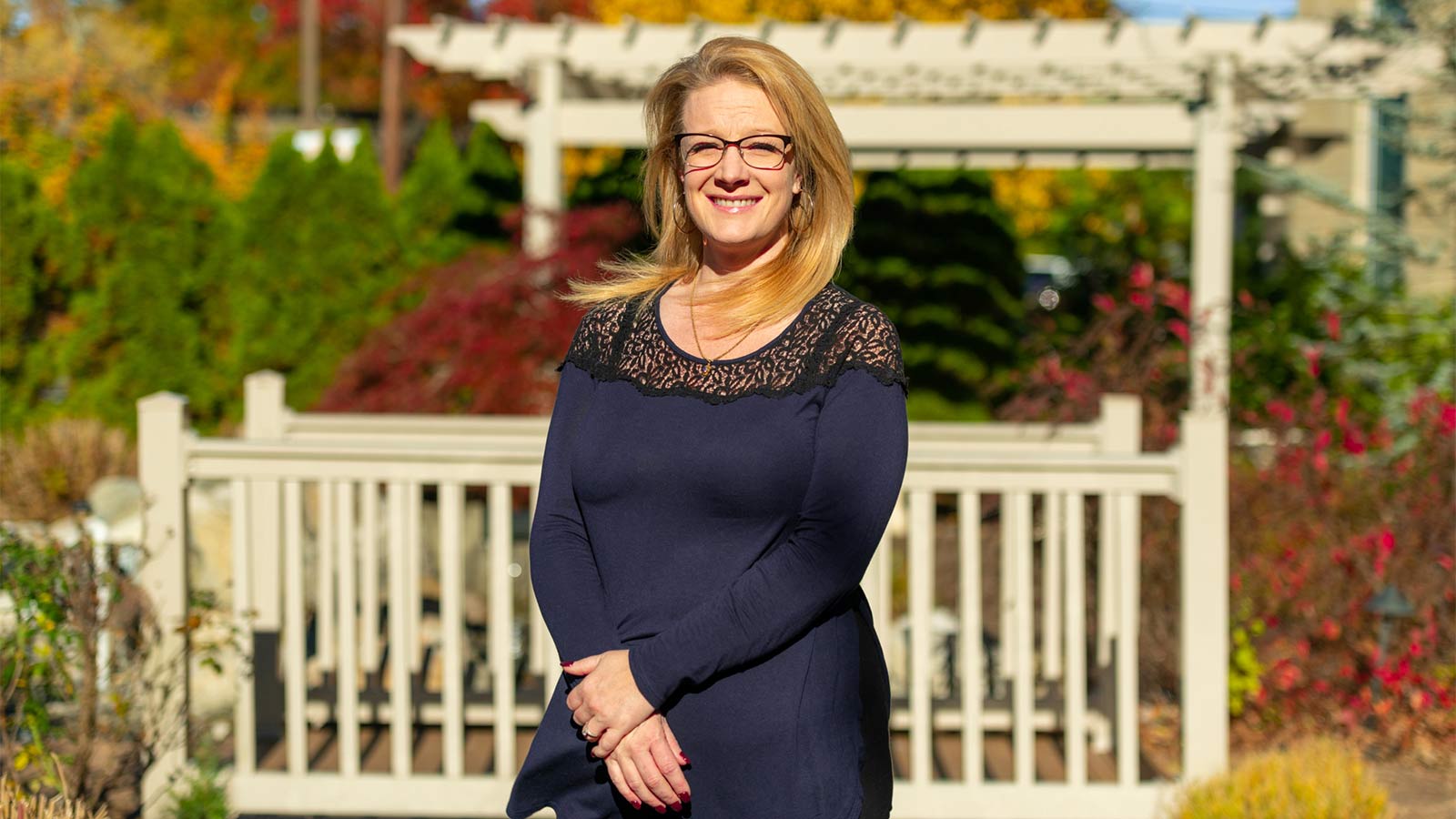
‘Astronomical Changes’: Brain Stimulation Therapy Lifts Ashley’s Depression

Augmented-Reality Surgery Has Bobby Back on Stage, Rocking His New Hip

Hyperbaric Wound Therapy Puts Joette Back in Motion

Robotic Hernia Repair Renews David's Active Lifestyle

